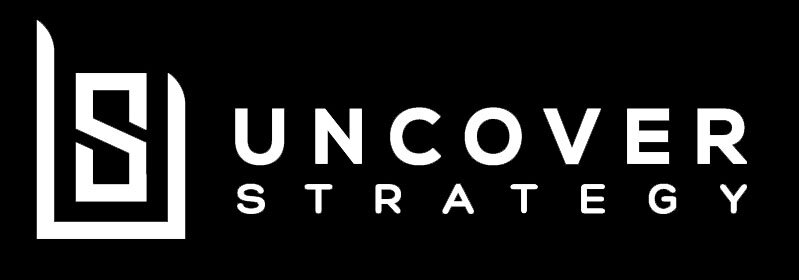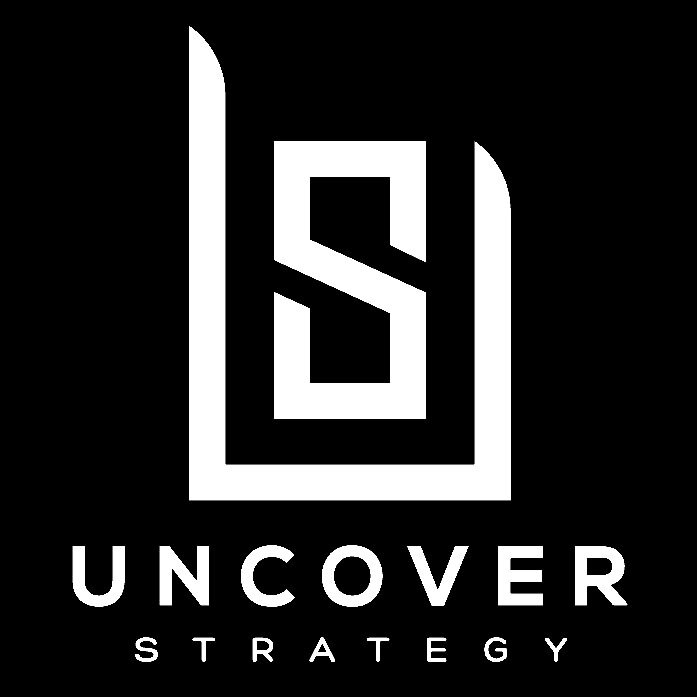Why Your “Plans” Will (Almost) Never Work Out. Here's Why.
Intention vs. Realization
What if I said that most plans you make would not unfold as you planned?
Not really a ground-breaking thought, is it? Any plan in business or your personal life will probably not turn out as you expect. And by expected, I do not mean completely fail. Just not exactly how you intended it to unfold.
Why? Do you have to study project management for this? Does one just not “get” planning?
No.
Because there are too many factors that influence your plan. Also, how do you interpret all these factors (that one most often is not able to capture in its entirety anyway)?
Knowing that this is happening and normal, as long as you adjust to a change in circumstances, can help you navigate when things turn sideways.
Just one drink.
“I will just have one drink tonight. Then I will go home.”
Familiar, famous last words? You probably recall this line from one of your friends before going out on a light summer night. But, then, that particular friend might, more often than not, stay the entire night and enjoy him-/herself by grabbing a few more. The original plan of just enjoying one drink in a tight group of friends? Now they are rocking the dancefloor.
So why even plan in the first place? And what the heck does this have to do with this blog?
Last week in Perth, Western Australia, I met some wonderful travelers from Germany, the UK, and Italy. And somehow ended up on this hidden rooftop bar in the CBD.
Source: Simon Beuse, 2021
Plan = Achieving Goals Under Uncertainty (Strategy)
That friend was me last week in Perth, Western Australia.
Meeting other travelers alongside my travel, we quickly set off for a drink to get to know each other a little bit better. As I had a tour to Rottnest Island, a scenic island just off the west coast, planned the next day, I intended to keep it that way. I wanted to be 100% fit for the trip.
Quickly, I realized that my plan was flawed. Originally, I wouldn’t have thought I would connect that well with this great group of people. I assumed that we would have a good chat, then go home. The next thing I know, we are having a fantastic time on that hidden rooftop bar right in the middle of the city (do not ask me where it was located - I do not remember the way).
This story directly relates back to the concept of Intended, Emergent, and Realized Strategy as laid out in the slide below.
Intended, Emergent, and Realized Strategy
Source: Simon Beuse (2021) inspired by Janice Edwards (Mastering Strategic Management – 1st Canadian Edition)
1) Intended Strategy
The plan that you made (under uncertainty) you can call your intended strategy. This plan is the way you intend, under the factors and circumstances you know, to reach a certain goal. In my example, my goal was to have fun by going to Rottnest Island the next day. By having to do so, my assumption was that I needed to be fit (as cycling is almost the only way to go around the island). The intended strategy also takes into account prior plans (e.g. I wanted to visit Rottnest Island not only for fun but also because of the beautiful scenery).
2) Realized Strategy
What actually happened in the end, is called the realized strategy.
It takes into account all changes encountered on the way. For me, this meant ending up in a rooftop bar, but still being a reasonable “fit” to have a look at those Quakkas on Rottnest.
3) Deliberate, Nonrealized, and Emergent Strategies
As far as what that long arrow between the intended and realized strategy is for, the so-called deliberate strategy “arises from conscious, thoughtful, and organized action on the part of a business and its leadership” (HBS Online, 2020). In essence, it means rigorous analysis is taken to execute the strategy (or refine it) over time. This includes the components of nonrealized and emergent strategies. In my personal example, this would represent my reconsideration of the surroundings. For example, I did not take into account how fun these people were that I met and that meeting these people and going out with them also resulted in having “fun”.
Dropping the idea of only going out to the bar next to my accommodation, represents the unrealized strategy here. I dropped the idea - because my surroundings and assumptions changed. We understood each other. And I wanted to stay. “Okay one more, please!”.
On the run to the next location, I thought about how my plan changed and if my end goal was ultimately in danger (maintaining fitness for the island). My plan (emergent strategy) here?
I will drop out at 3 A.M. at the very latest.
I included it in my plan.
Why do you talk about travel? I came here for the insight!
Understandable.


Why should someone listen to my travel plans in a city that is the furthest away from any other city in the world (this is not accurate, btw)?
Our brains love good storytelling (HBR 2014). We can retain information much better when attaching it to a story. The crazier it is, the easier it becomes to remember something.
I probably have to spice up some of those stories (and not tell modest stories as I have until now on this blog). And I hope to be working on that - post by post. But I hope that regardless you might remember the concept of intended and realized stories better.
What do you think? Is every plan doomed from the start? Are there plans that you might not even want to change at all?
As always, I would love to hear from you.
Either here in the comment section, via a direct DM (smash that “Connect” button on the top of the page), or via Social Media.




